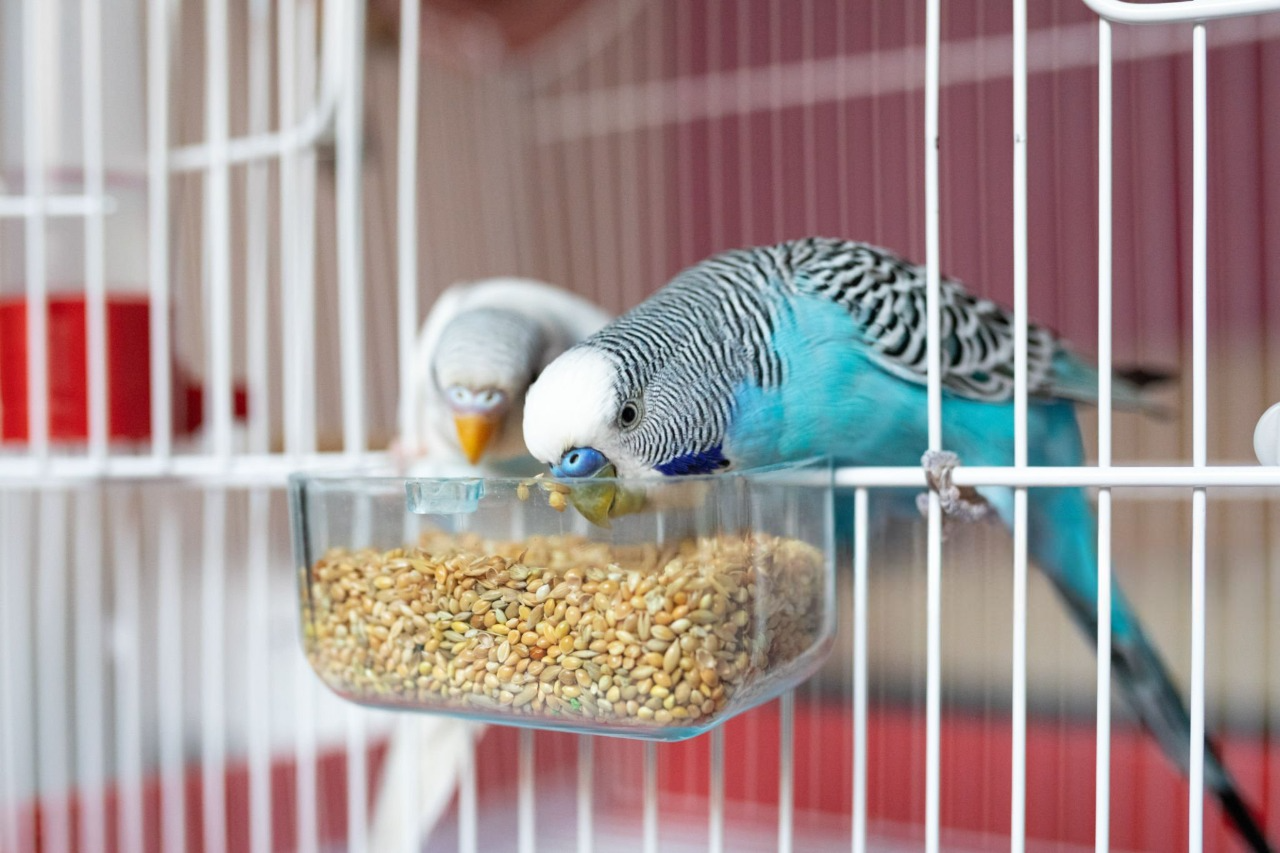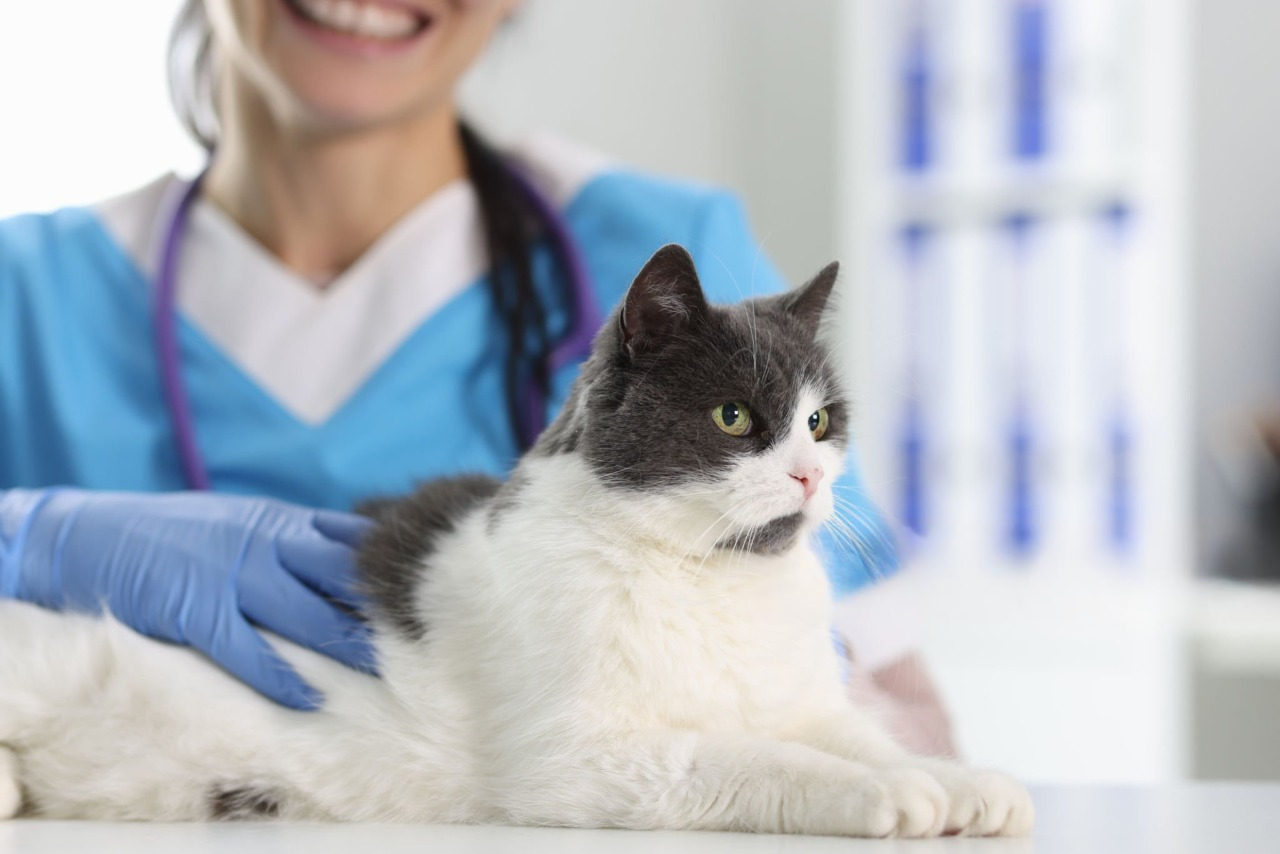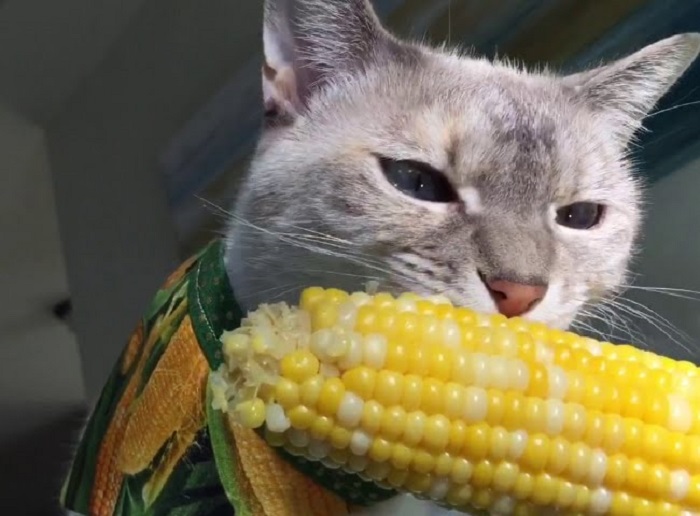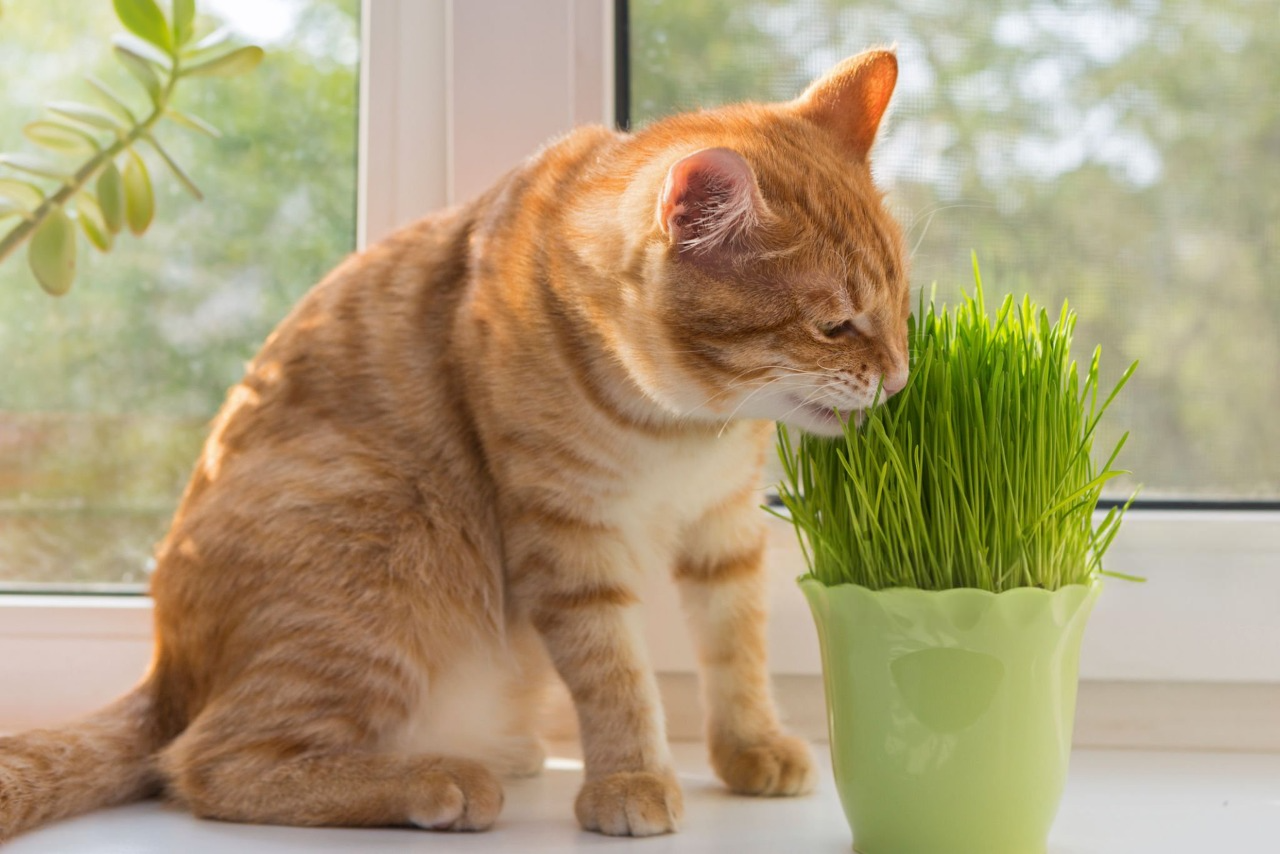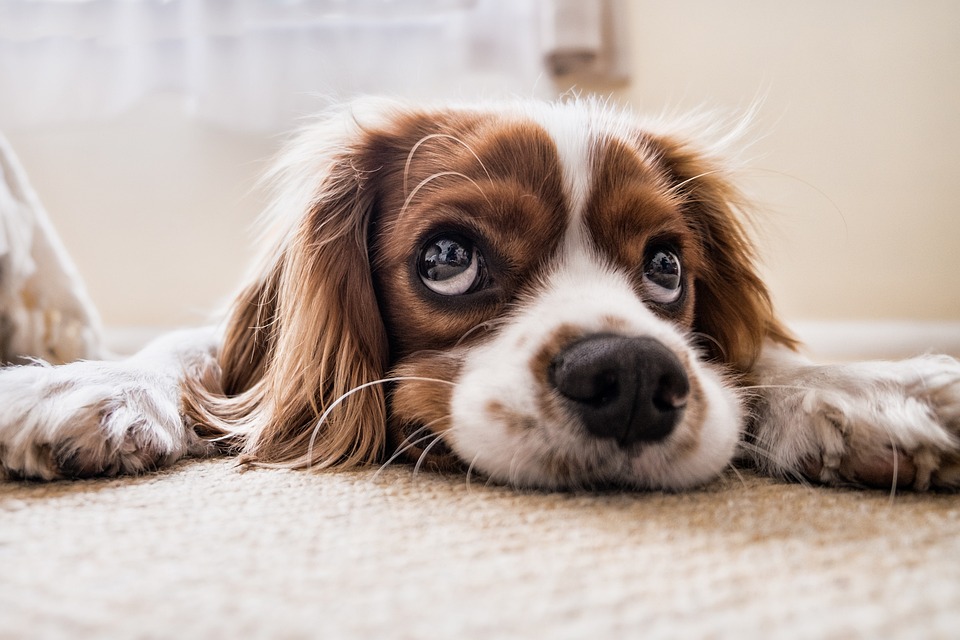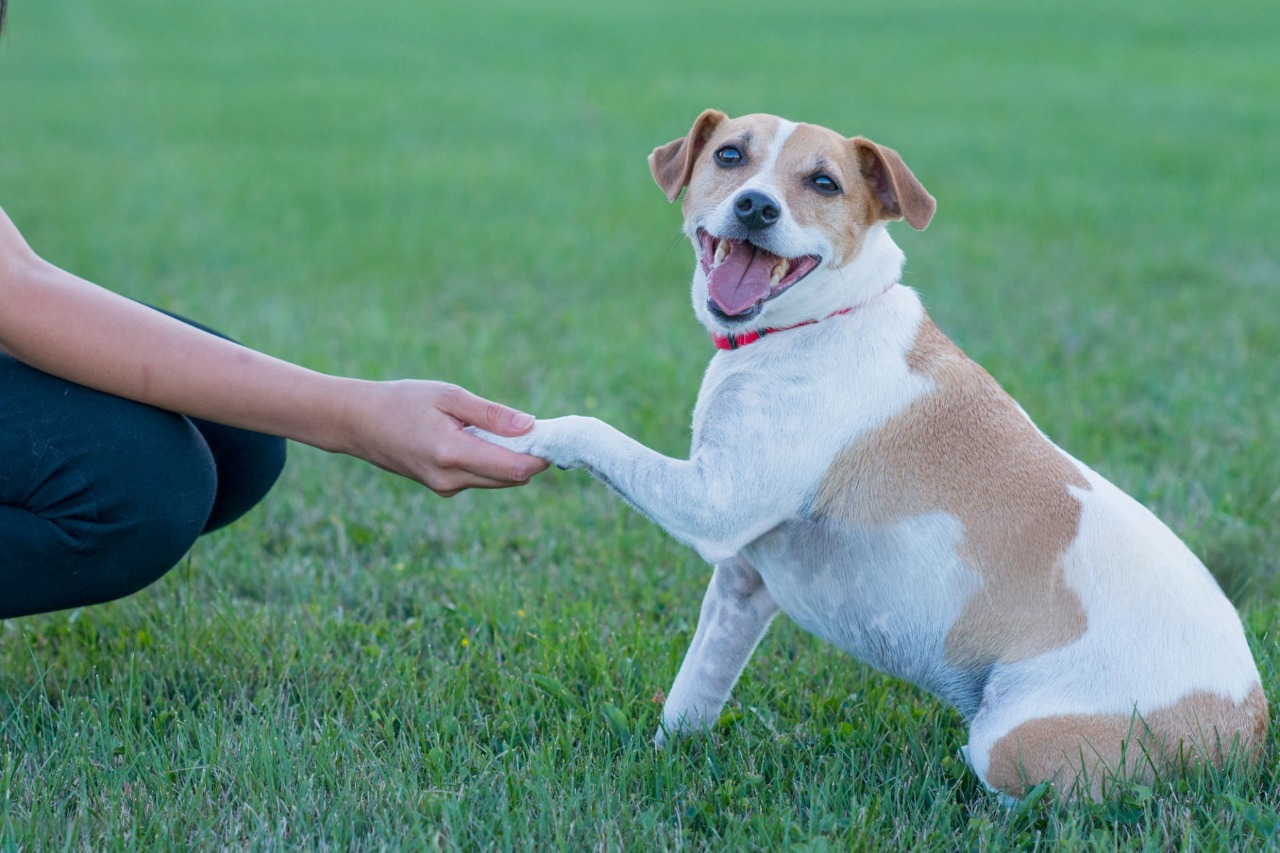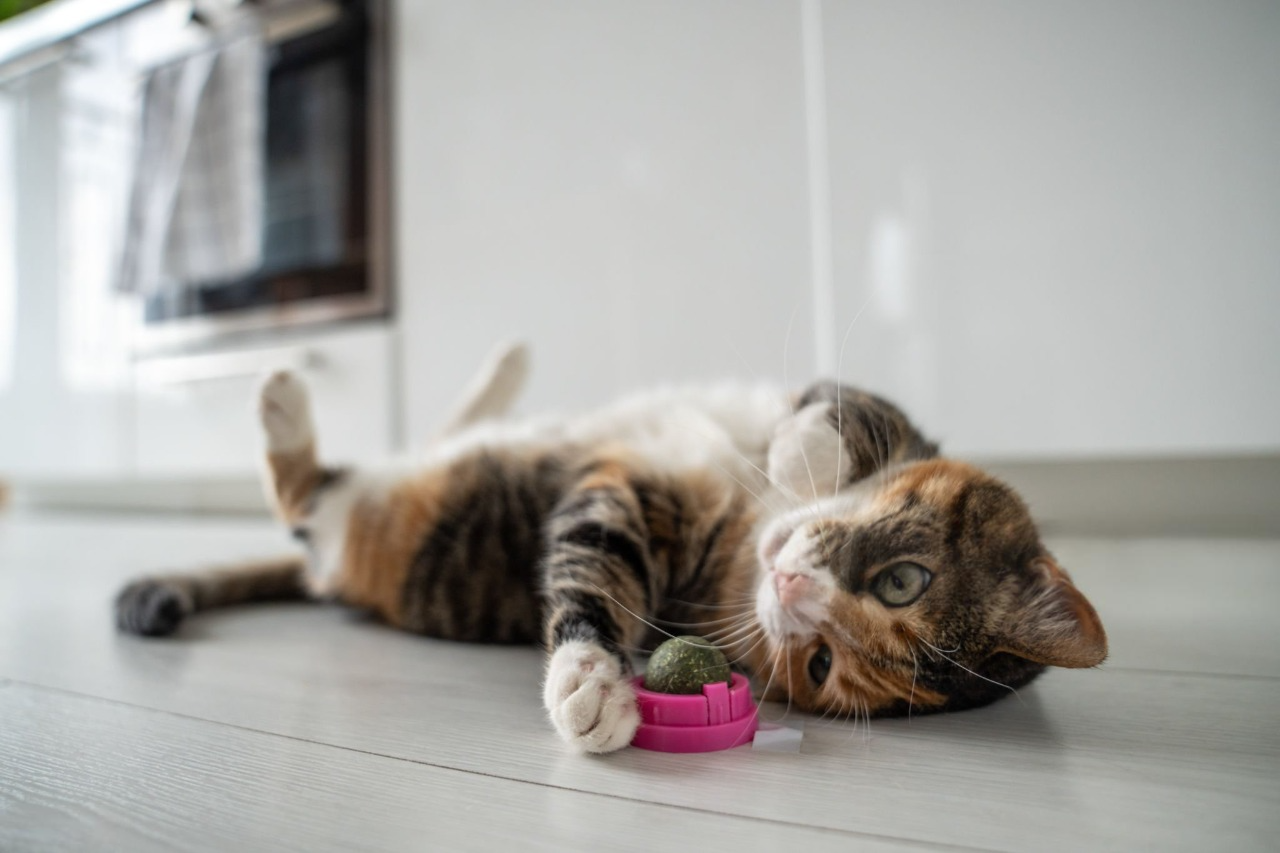If you’ve noticed that your bird is losing weight, the first thing you should do is schedule a visit to an avian veterinarian for a comprehensive check-up. Weight loss can be a sign of serious health issues, and it’s essential to rule out any underlying diseases or conditions. Early detection is crucial for your bird’s health, and a licensed veterinarian can help identify and address the issue.
1. Consult an Avian Vet
Your vet will likely pinpoint the cause of your bird’s weight loss and offer specific advice to help your pet regain a healthy weight. Following the vet’s recommendations is essential for your bird’s recovery. If no illness or condition is found, a simple dietary adjustment might be all that is needed to restore your bird to a healthy body condition.
2. Identify the Cause
If your vet doesn’t find any health-related reasons for your bird’s weight loss, the next step is to review its diet. Birds, like any pets, can become finicky eaters, so offering a variety of foods that your bird loves may encourage a better appetite. Gradually increasing the amount of favorite foods can help stimulate your bird to eat more and gain weight.
3. Provide a Weight Gain Diet
Certain foods can be especially effective in helping your bird gain weight. Peanuts, for example, are high in both fat and calories, making them a great option to help your pet add weight. Since most birds love peanuts, they can easily be incorporated into your bird’s daily diet. However, it’s important to avoid overfeeding, as peanuts are calorie-dense and could upset the nutritional balance if given in excess.
Sunflower Seeds
Sunflower seeds are another excellent option to help your bird gain weight. These high-fat seeds are a favorite among many bird species, and their richness in calories will support weight gain. Offer them as a part of the regular meal or as treats throughout the day. Most birds will happily munch on these seeds, making them an easy choice to include in their diet.
Millet Spray
Millet spray is another popular choice for many pet birds and is a calorie-dense treat that can help with weight gain. While millet can be beneficial for adding weight, it’s important to use it in moderation since it doesn’t offer as much nutritional value as other foods. To enhance its benefits, you can incorporate millet into homemade bird recipes, such as birdie bread. This way, your bird gets a broader range of essential vitamins and minerals while still enjoying a tasty treat.
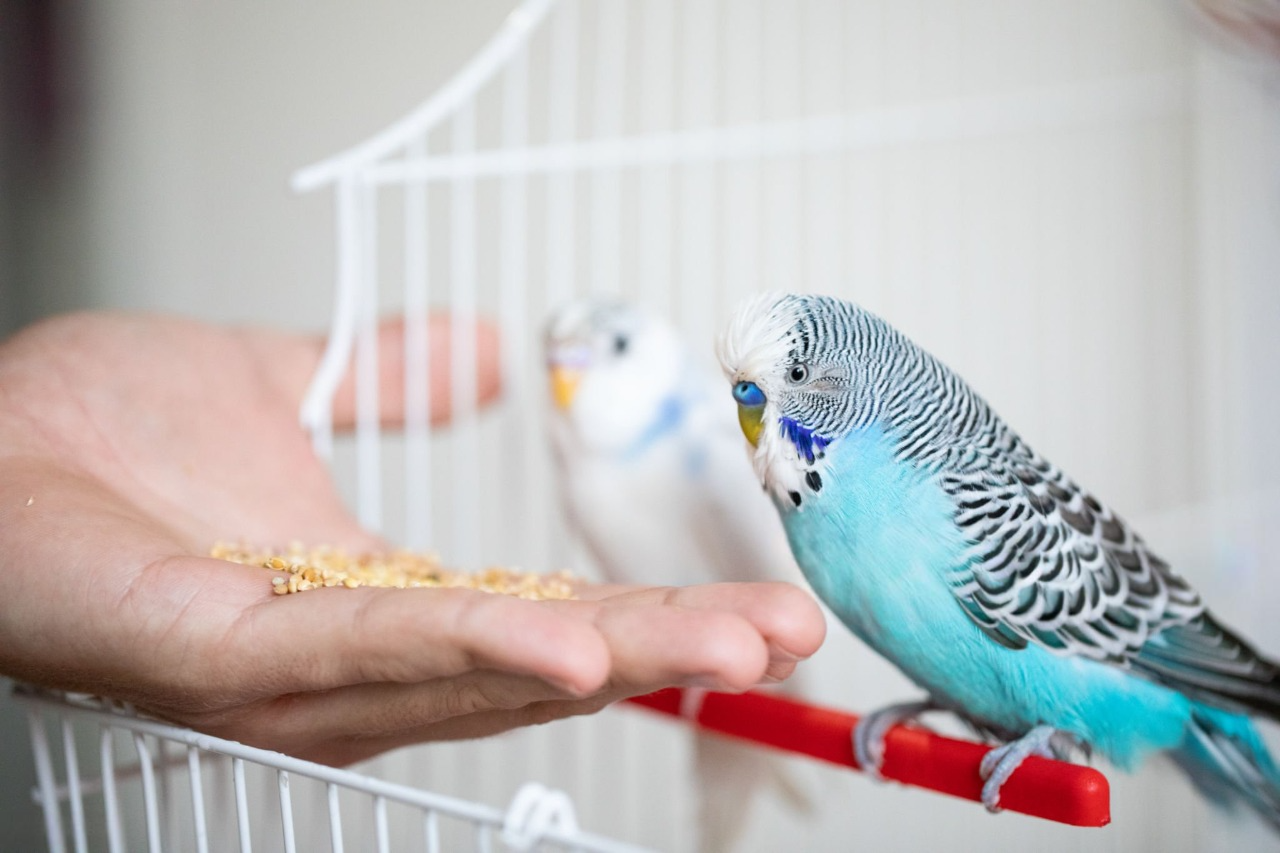
4. Track Your Bird’s Weight
Investing in a high-quality bird scale is a great way to monitor your bird’s progress. Weigh your pet regularly and keep a log of its weight to ensure it’s on track to reach a healthy weight. Any sudden weight changes of one ounce or more should be discussed with your veterinarian, especially if the fluctuation continues over time. Regular weight tracking is essential for ensuring your bird’s diet and health remain on the right path.
5. Monitor Health and Diet
If your bird is showing signs of illness, such as lethargy or continued weight loss, it’s essential to contact your vet immediately. Regular consultations and monitoring of your bird’s health will allow for early intervention in case of any medical concerns.
For any diet or health-related queries, always consult with your avian vet. They have the expertise to provide the best guidance based on your bird’s individual health history.
By following these steps, you can help your bird regain a healthy weight while ensuring that its overall well-being is maintained. Always prioritize your pet’s health and consult a veterinarian for tailored advice.

“A blog for pet lovers” is a dedicated space where animal enthusiasts can explore tips, stories, and expert advice on pet care, training, health, and more. Whether you’re a dog person, a cat lover, or someone who adores all animals, this blog offers a warm and engaging community for you to connect, learn, and celebrate the joy of having pets…

